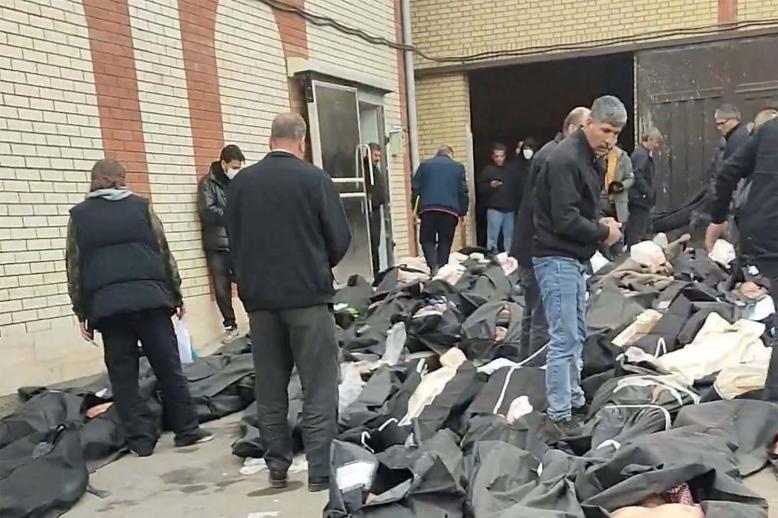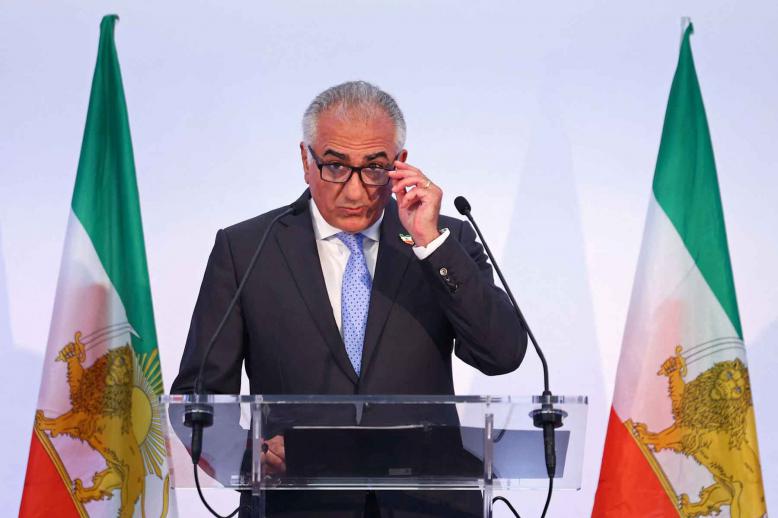US hopeful for new Russian cooperation on Syria
WASHINGTON - A US envoy voiced guarded optimism Thursday at renewing cooperation with Russia to seek an end to Syria's brutal civil war, assessing that Moscow is getting frustrated with President Bashar al-Assad.
"Russia may be more willing now - we've seen some indications in the Russian media and in certain Russian actions - to be more flexible on the constitutional committee," said James Jeffrey, the US pointman on Syria.
"They may once again be willing to talk with us about a way to resolve this short of a military victory," he told reporters.
"Because it's very clear at this point to Russia that they're not going to get a military victory - certainly no time soon."
Russia, along with Iran, backs Assad and Moscow deployed forces in Syria in 2015 to boost his campaign to crush rebels as well as extremists from the Islamic State group.
Jeffrey in May 2019 joined Secretary of State Mike Pompeo for talks with President Vladimir Putin in the Russian resort of Sochi where the rival powers looked at ways forward together on Syria.
But since then, a UN-backed constitutional review has made little progress at finding a peaceful end to the war that has killed more than 380,000 people since 2011.
Syrian forces also led a deadly offensive to take the last rebel bastion of Idlib until a ceasefire between Russia and Turkey, which backs the insurgents.
As proof of purported Russian frustrations, Jeffrey said that Moscow also saw a dire economic situation in Syria.
Jeffrey pointed to widely noticed recent Facebook posts by powerful Syrian tycoon Rami Makhlouf - a cousin of Assad, who usually brooks no dissent.
Makhlouf accused security forces of detaining his employees and criticized the state's recent payment demands for his company Syriatel, the country's largest mobile phone provider.
"It's exposing the dirty laundry in one of the worst regimes in the 21st century," Jeffrey said.
"We're hoping it indicates that there will be more dislocation and more disintegration of that evil regime."






